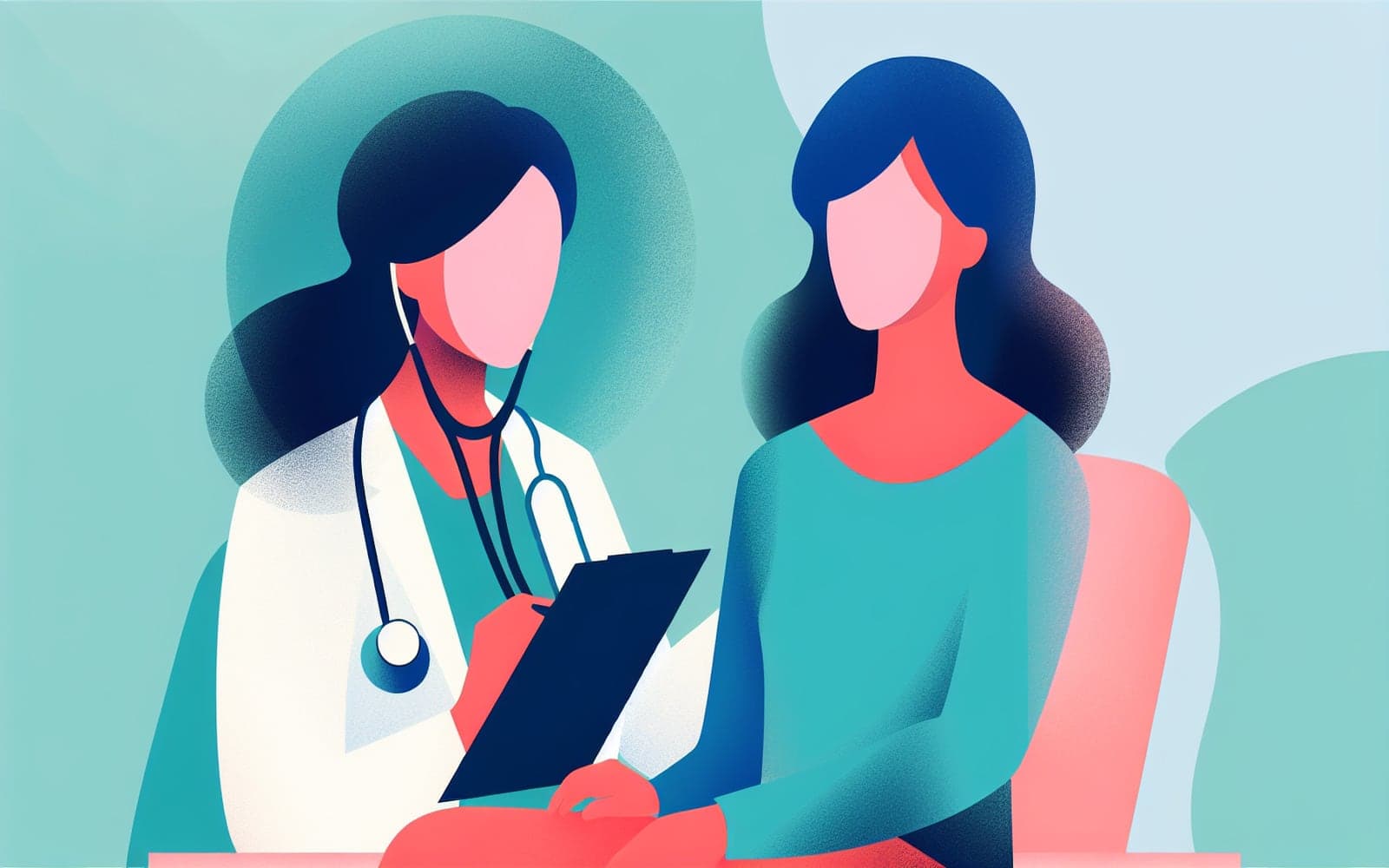Diagnosing Rosacea: What to Expect During Your Doctor's Visit
Published: Jan 01, 2024

Medically reviewed by Oghenefejiro Okifo | MD, Harvard Medical School | Henry Ford Hospital - Detroit, MI on January 1st, 2024.
If you suspect you have rosacea, a proper diagnosis is essential. Here’s what you can expect during a consultation with your doctor.
Contents
Initial Consultation
During your first visit, the doctor will examine your skin closely and ask about your symptoms and triggers. They may inquire about your skincare routine and any family history of rosacea, as this can provide clues to your condition.
Classification and Assessment
Rosacea is classified based on observed symptoms, such as redness, bumps, or ocular involvement. Doctors use this information to guide treatment plans. A phenotype-based approach is often used, viewing symptoms as part of a continuous disease process.

Possible Tests
While rosacea is primarily diagnosed through observation, additional tests may be performed if other skin conditions are suspected. These might include skin scrapings or allergy tests to rule out other causes.
Frequently Asked Questions
Through a skin examination and symptom assessment.
Your symptoms, triggers, and skincare routine.
Diagnosis is mainly visual, but tests can rule out other conditions.
Yes, family history can provide important clues.
Key Takeaways
A thorough diagnosis is the first step to effective rosacea management.
Think you have rosacea? Schedule a consultation with Doctronic for a comprehensive diagnosis!Related Articles
References
Crawford GH, Pelle MT, James WD. Rosacea: I. Etiology, pathogenesis, and subtype classification. J Am Acad Dermatol 2004; 51:327.
Smith KW. Perioral dermatitis with histopathologic features of granulomatous rosacea: successful treatment with isotretinoin. Cutis 1990; 46:413.
This article has been reviewed for accuracy by one of the licensed medical doctors working for Doctronic. Always discuss health information with your healthcare provider.

